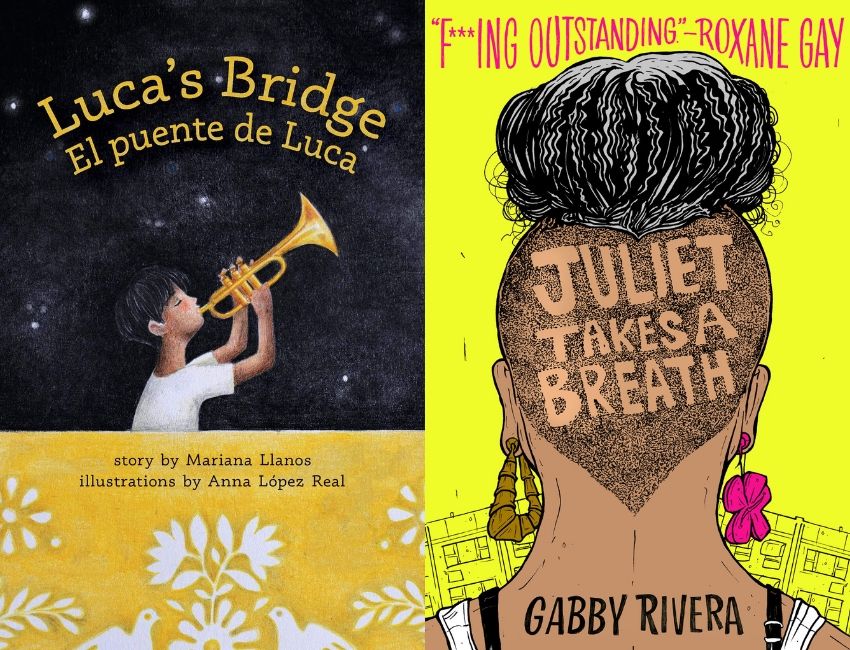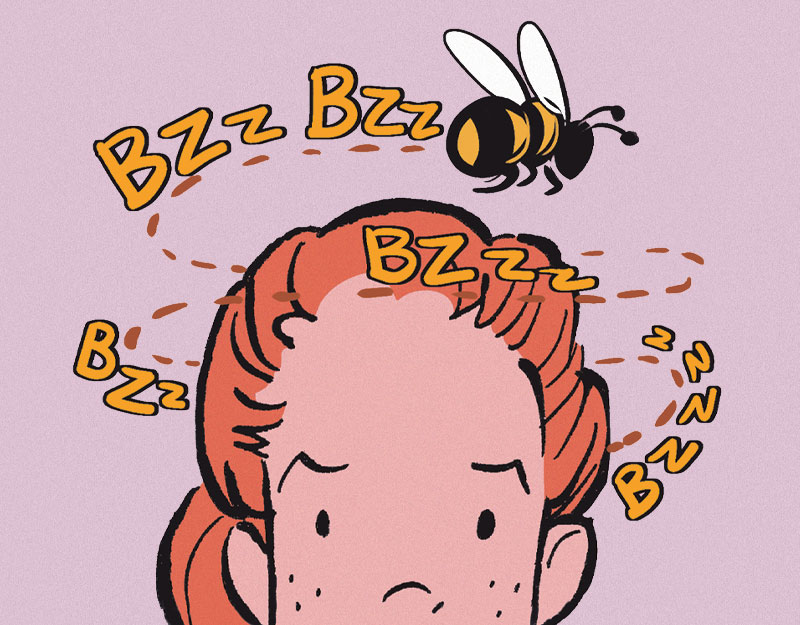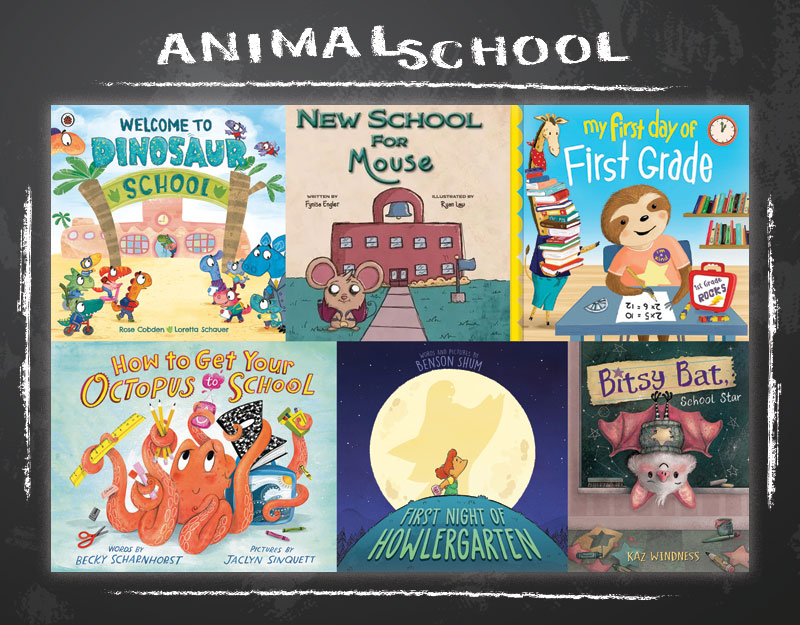The #SVYALit Project: First Responders, part 2
When I was in the 8th grade, there was someone in my family who had regular access to me who was sexually molesting me. It was a progressive thing, grooming they call it. It began very subtly and slowly built in a way that made me question if what I thought was happening was in fact really happening. After I completed that year of school, I moved to go live with my mom in another state. So this person no longer had access to me. However, as Christmas approached I was going to have to go visit and I became terrified. I had escaped, and now I was going to have to go back into this place which was my very real version of hell. So I went to the school counselors office.
I’m going to be honest, I went to the school counselor to share my story thinking that when I was done the counselor would look at me and tell me that I was wrong, that I had misunderstood what had happened, because that’s how manipulative grooming can be – causing you to doubt (for a really good example of this please read The Gospel of Winter by Brendan Kiely). What happened, however, was that after I told her my story she looked at me and said, I’m sorry about what happened to you, it must have been terrifying, now I have to call the police. So I waited in her office that day for the police to come. And my mother came. And the thing is, everyone believed me. Finally, someone knew, they listened, and what’s most important is this: they made me feel safe.
ADVERTISEMENT
ADVERTISEMENT
I’d like to say that after that moment, everything was fine and justice was served but the truth is, it wasn’t. The person who had done this to me was in the military and they took over the investigation and as far as I know nothing really happened. But one important thing did happen: I never had to go back and see this person. I was safe. There was no more lying in bed at night awake, terrified. That burden of fear and vigilance was gone. I still had a lot to process and heal, but the imminent threat had been removed and I was given a safe space to do that.
The idea of the first responder was first brought to my attention by Christa Desir, who blogged about it earlier today. But whether you are a first responder or someone that a sexual violence survivor chooses to share their story with, how you respond can make a world of difference. How we respond as others choose to share their stories with us can be the difference between making them feel safe or making them feel like they are once again being harmed.
 In Some Girls Are by Courtney Summers, Regina is desperately fleeing the scene of an attempted rape when she stumbles to the door of a classmate named Kara. Kara tells Regina that she shouldn’t tell because no one would believe her, so Regina chooses to stay quiet.
In Some Girls Are by Courtney Summers, Regina is desperately fleeing the scene of an attempted rape when she stumbles to the door of a classmate named Kara. Kara tells Regina that she shouldn’t tell because no one would believe her, so Regina chooses to stay quiet.
“And I feel really bad for you, Regina . . . but there are some things worth keeping your mouth shut for.” – Some Girls Are, page 10
But really, it’s worse than it seems because Kara then uses Regina’s situation to socially annihilate her. It’s horrific. But it’s also easy to do because we know that more often that not, when sexual assault victims come forward in the school setting – especially if the assailant is popular – the victim will be not only be doubted, but they will be bullied, terrorized, and victimized again and again and again. It happens in Canary by Rachele Alpine. It happens in Fault Line by Christa Desir. It happens in Some Boys by Patty Blount. It happens in Uses for Boys by Erica Lorraine Scheidt. It happened in Steubenville. It happened to Jada. It’s part of the narrative that happens. We blame victims, we ostracize them, we re-victimize them, and we deny them the space to be supported, feel safe, and heal. We have taught sexual assault victims that it is better to stay quiet in the way that we respond to them, making it that much easier for our culture to not only reject their truth, but to re-victimize them again and again.
But that is not always what happens. In Live Through This by Mindi Scott the main character finally breaks down and tells a friend. That friends listens to her. She believes her. She takes her home and tells her to tell her family so that she can get the safe space she needs to heal. That friend responded in ways that validated our main character and allowed her to go home and ask for the support she needed to find healing.
In Faking Normal by Courtney C. Stevens the main character finally tells her family, her sister. And her sister believes her. And this reaction, this supportive response, is one of my favorite’s ever because her sister could just as easily chosen not to believe or to reject her in anger because of who it turns out the assailant is, but she doesn’t. When she hears her sister’s story she responds with grace and love and support.
In our discussions of YA literature, it’s important to look at not only the events of what happened in the story, but how others respond to it. As a culture, we still respond to victims of sexual violence in really harmful and negative ways. We have a tendency to ask, where were you, what were you doing, what were you wearing, were you drinking . . . But the truth is, a person doesn’t deserve to be raped no matter what the answer to those questions might be. The questions are irrelevant. When someone comes to you and shares their story, these are not the right questions to ask. In fact the only right question may be this: “how would you like me to help/support you?”
ADVERTISEMENT
ADVERTISEMENT
In Some Boys Are, Regina finally tells someone what happened to her. A boy who has every reason to hate her sees the bruises on her arms and realizes the truth. This boy, he has every reason to hate her and wish karmic retribution on her. But when she looks at him and says, I know you think I deserve it his response is perfect: “Nobody deserves that.”
For many of our tweens and teens, they will be that first responder as a friend chooses to share their story with them. It’s important that we help them understand that nobody deserves that, that they can listen and be supportive. That, too, is why we read YA literature.
Additional Resources:
Sexual Assault: How to Support a Friend
Supporting Someone Who Has Been Raped or Sexually Assaulted
RAINN: Help a Loved One
RAINN: Self Care for Friends and Family Members
The #SVYALit Project Index
Please note: Individual states have varying laws about who is a mandated reporter. If you are an adult, you’ll want to be aware of what legal obligation you may have if someone shares their story with you.
Filed under: #SVYALit, #SVYALit Project, First Responders, Sexual Violence, Teen Issues
About Karen Jensen, MLS
Karen Jensen has been a Teen Services Librarian for almost 30 years. She created TLT in 2011 and is the co-editor of The Whole Library Handbook: Teen Services with Heather Booth (ALA Editions, 2014).
ADVERTISEMENT
ADVERTISEMENT
SLJ Blog Network
Happy Poem in Your Pocket Day!
This Q&A is Going Exactly As Planned: A Talk with Tao Nyeu About Her Latest Book
More Geronimo Stilton Graphic Novels Coming from Papercutz | News
Parsing Religion in Public Schools
ADVERTISEMENT










These posts are so critical. THANK YOU for the work you do.